I don’t remember ever seeing a movie or TV show starring Anne Heche, but I know I did. Looking at IMDb right now, I can see that she’s played characters in Murphy Brown, Donnie Brasco, Volcano, I Know What You Did Last Summer, Ellen, and Six Days Seven Nights – all of which I watched at least once and none of which spark any memory whatsoever, at least where Anne Heche’s performance is concerned. The thing is, I know I watched Volcano more than once (once in earnest and at least one hate watch after that) and I still can’t attach the vague memory of blonde hair to the actual actor. This isn’t Anne Heche’s fault. I’ve never been able to name a star of a movie, and if you put me in LA for six months to work at Paramount Studios I would return to St. Louis having claimed no celebrity sightings. It’s not that Anne Heche is forgettable or inferior as a human being. The problem here is two-fold:
- I have a disconnect in my brain that renders faces completely unrecognizable unless I’ve seen you every day for a few months and then continue to see you at regular intervals. I believe this to be the same disconnect that renders all driving directions null and void. I know the directions to and from Washington University from my apartment, but only one route. If you put me at another starting point, even one along my regular route, I’m lost. I have to go all the way back home and start over.
- Anne Heche’s visibility, her identity, is tied to her relationship with Ellen Degeneres – a four year relationship that ended twenty two years ago. Even after her car accident, which left her twenty year old son responsible for choices nobody ever wants to make, which ended her life on a day that she likely didn’t even think about Ellen, the first thing anyone reported was about her probable intoxication (valid), and the second thing anyone reported was Ellen Degeneres’s reaction (what?).
These two problems, and hear me out, are related. I’m not saying that I have a connection to Anne Heche that is inhibited by my face blindness and directional ineptitude. I have no connection at all, and still I’ve opened nearly every news alert on my phone with her name in the title since the accident.
Yes, this is a typical sort of rubbernecking that everyone openly ridicules and secretly does, but the turn of the spotlight from Anne’s misfortune to Ellen’s reaction is not just an exercise in poor taste. It isn’t uncommon for a successful people to be tied forever to the ghost of failed relationships (hi Brad, Jennifer and Angelina), but here we are at the end of a person’s life looking not toward the life she had in the end, but the partner she had two decades ago – no, to the person that partner appeared to be two decades ago, back when Ellen was goofy and lovable and didn’t yet flip multi-million dollar mansions and have a net worth of $500 million dollars. Back when she had risked her entire career by coming out on her show and in real life.
The tabloids rushed to her not because of any current affiliation with Anne Heche and not because of any current affection the public has for Ellen Degeneres. There are entire sections of social media devoted to Ellen’s loss of any meaningful relatability with the average American. Her 2018 Netflix special is even titled, “Relatable,” and I argue that the title should have a question mark behind it.
But we got lost on the way from 1997 to 2022. The faces we saw on the cover of People and all the other magazines that we used to see when we used to go to the store and stand in line so that a cashier could ring us up don’t match the current faces on Twitter or whatever I’m supposed to be looking at right now. In order to recognize people like Ellen and Anne, we all have to go back to the beginning and start there. I don’t have much nostalgia for the late nineties, but I do remember being a just out lesbian watching Ellen sing “I feel pretty, oh so pretty. I feel pretty and witty and …hey” at the beginning of the coming out episode. I laughed and quietly cheered for her the same way I cheered for Melissa Etheridge and kd lang. In the pivotal scene, where she leans on the microphone at the airport and says, “I’m gay,” I, and nearly every lesbian I knew, felt seen and, well, recognized.
So what does this have to do with Anne Heche crashing her car into a house and destroying the possessions of the person living there and destroying the lives of her kids and other loved ones? Nothing.
And everything.
The four year relationship between Anne and Ellen was reckless in a recognizable way for gay people. It was that overly loud proclamation of true love that you make in middle school when you discover your hormones. It was the home base that we all had to go back and start from in order to find the route to a salon, where Anne Heche apparently stopped and was “coherent” just before driving ninety miles per hour into a home and burning it down.
We don’t know that face. It’s unrecognizable. We don’t understand how she got here just like we don’t understand how we got here.
Sometimes I look in the mirror and try to find the lesbian I was in 1997. Skinny, sort of cute in my short curly hair. The face that looks back is a 49 year old transman. Bald, a little heavy I suppose, and a decent beard. If I didn’t look at my face every day, I wonder if I’d forget what I look like. I wonder which version of me I’d imagine.
I don’t long for my days in a female body, but I do recognize them as the path I had to take to get here, and I suppose I keep checking in on Anne Heche because maybe along the way she got a little lost and I can relate to that. I suppose the tabloids know what we the obnoxious public need – a reference point to when we recognized the world and a spokesperson from that reference point. But that Ellen doesn’t exist anymore than that Anne exists and maybe we need to let them both be who they are now, which I have to keep looking up because I keep forgetting what Anne Heche looks like.
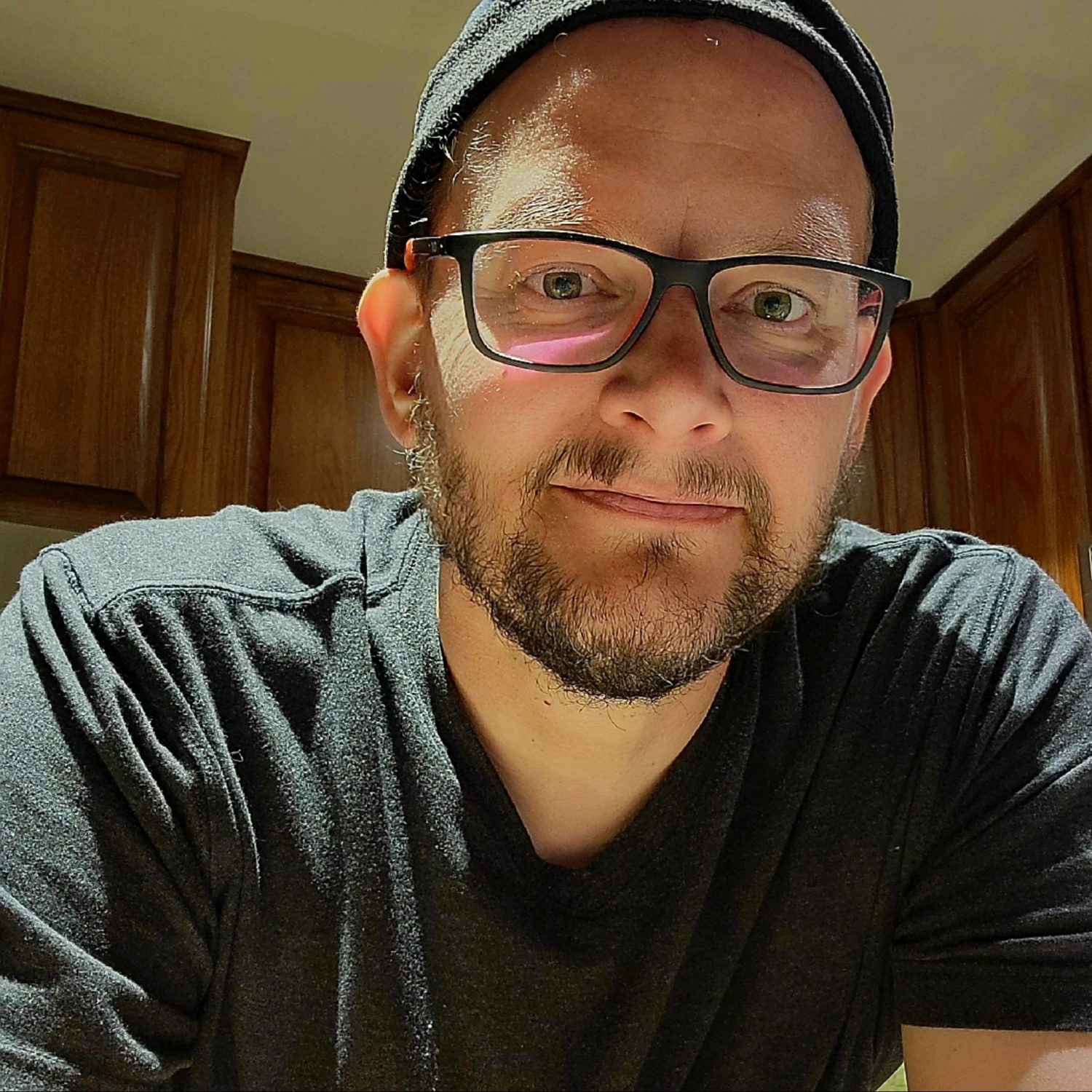
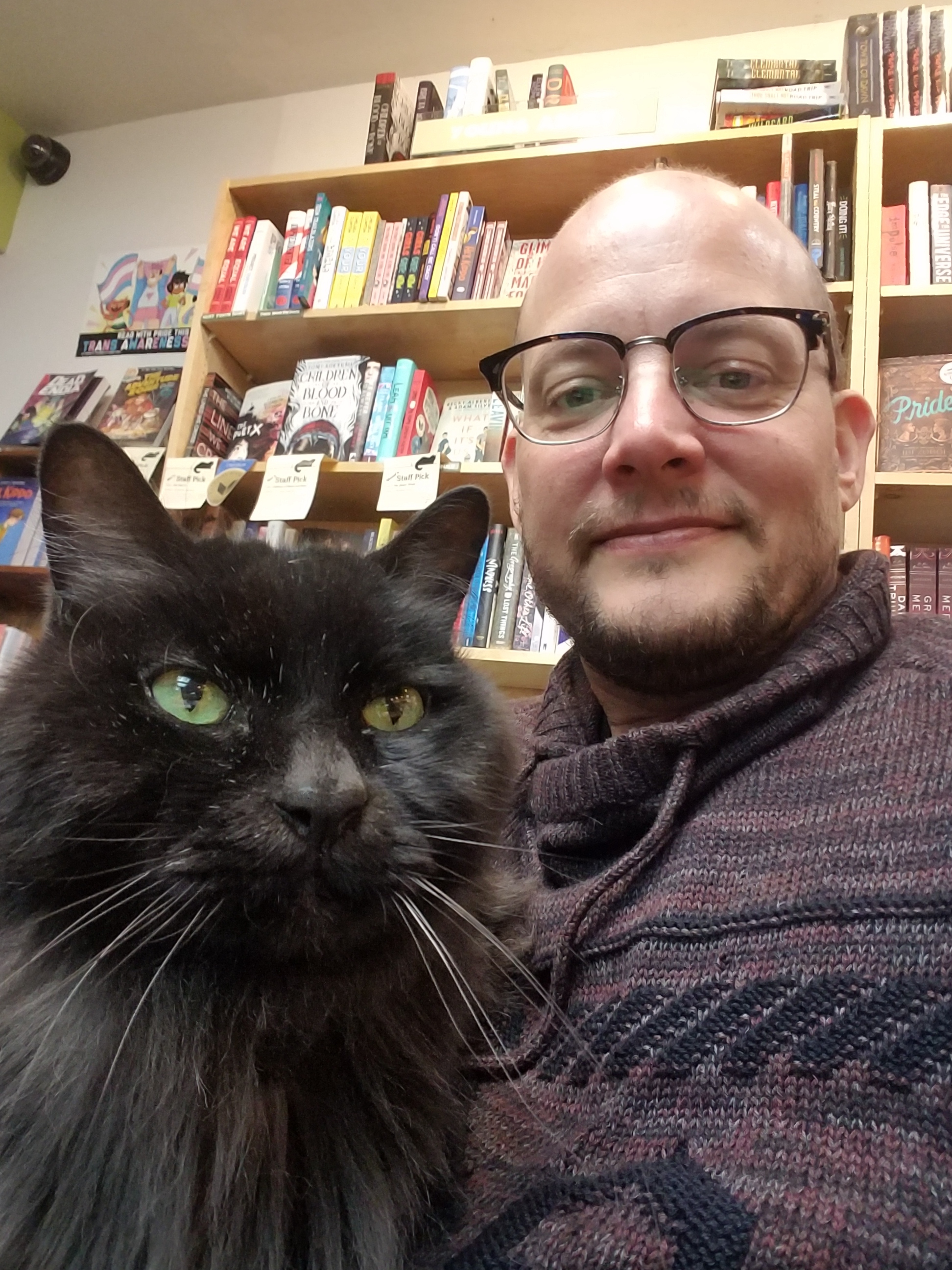 One night, anticipating a protest on our corner, we made a quick decision to close the store a little early. We had a cracked plate glass window and we worried it could get broken and tear gas could make its way into the store.
One night, anticipating a protest on our corner, we made a quick decision to close the store a little early. We had a cracked plate glass window and we worried it could get broken and tear gas could make its way into the store.















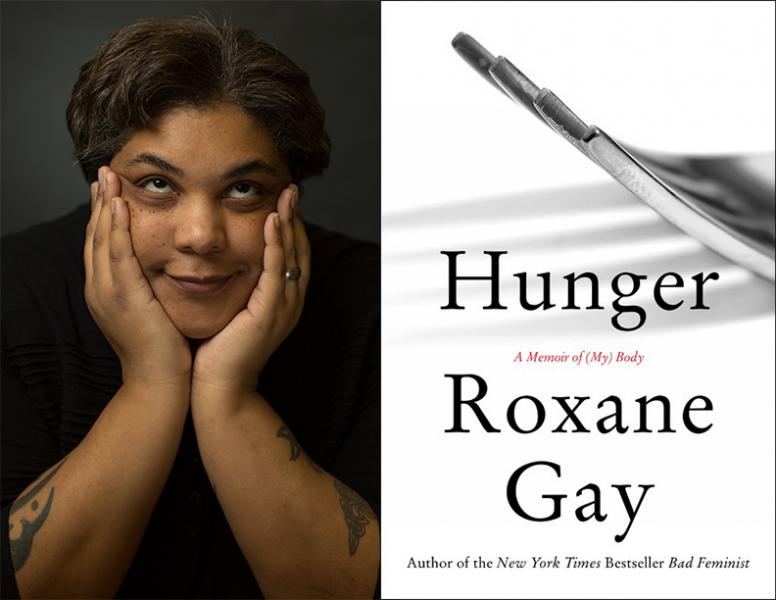
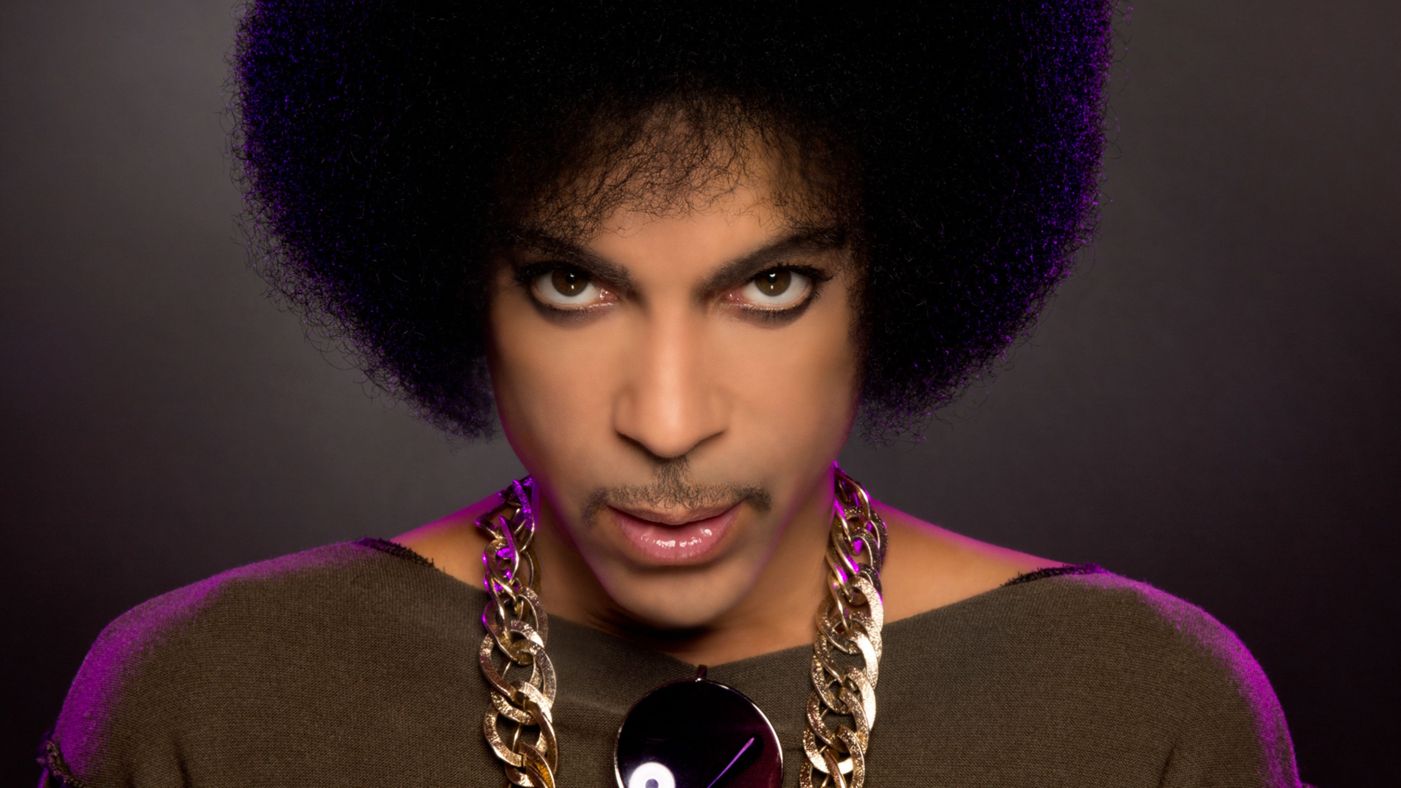
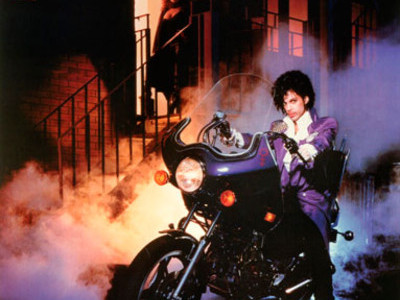 I don’t remember the first time I heard
I don’t remember the first time I heard 